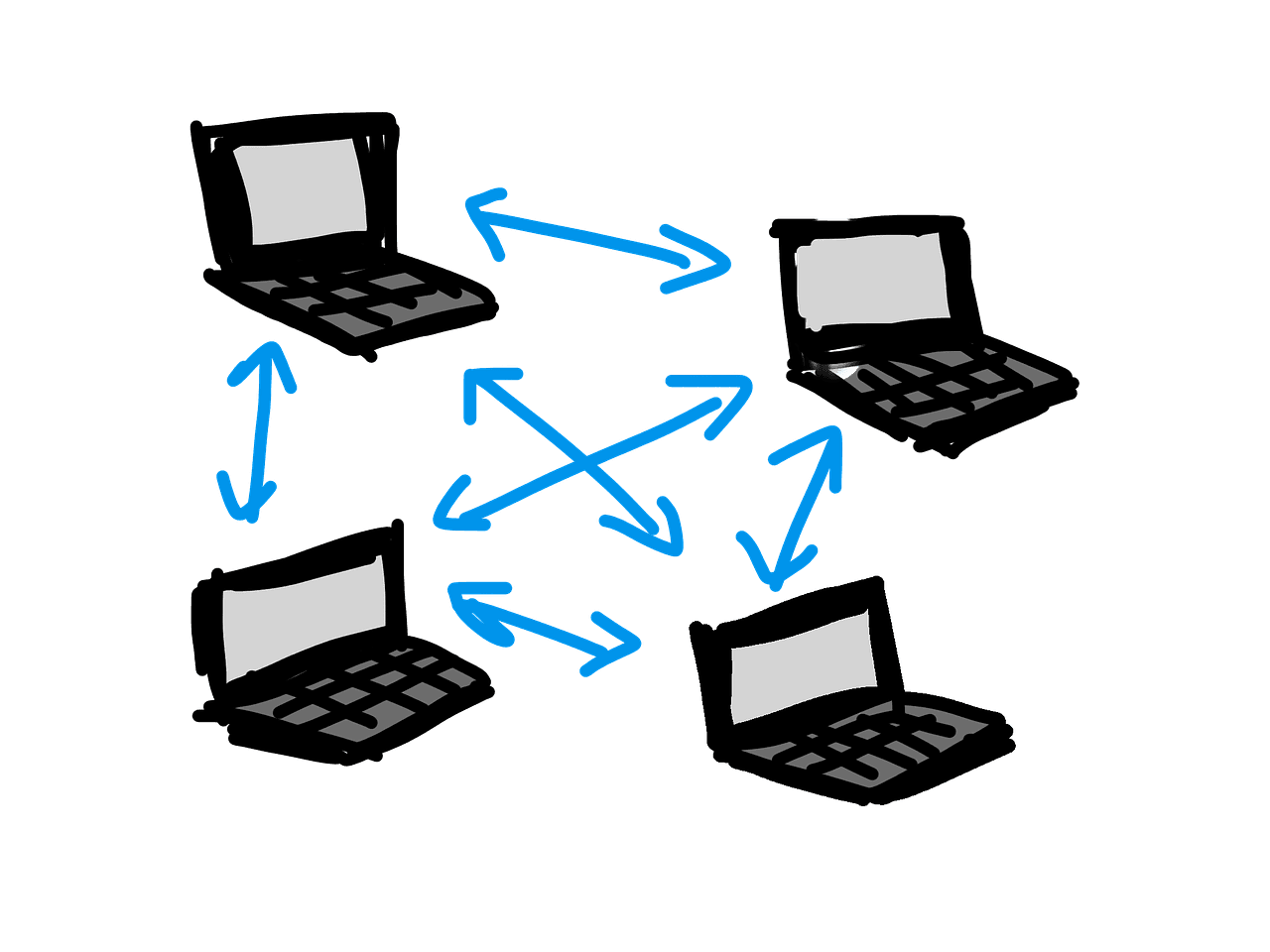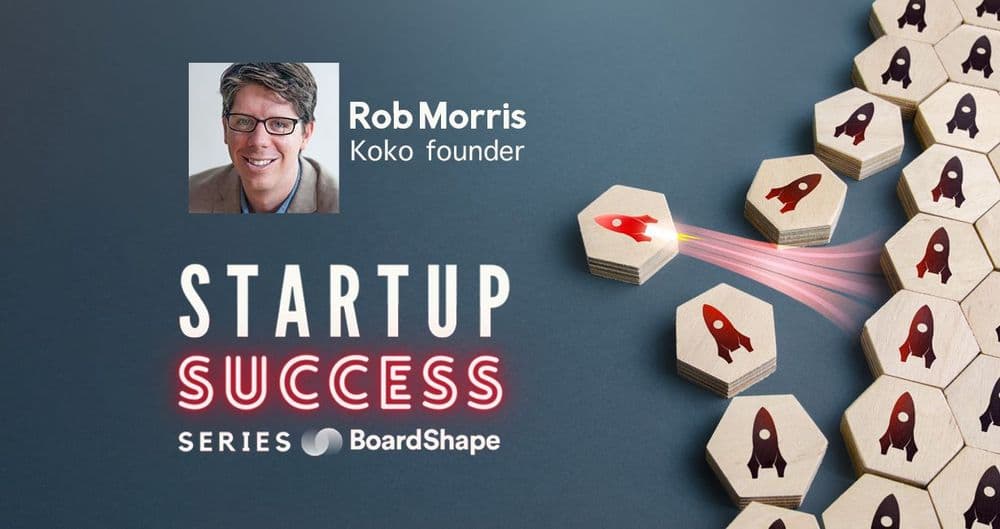Welcome to our latest edition of Startup Success, where we connect with both seasoned founders and expert mentors to uncover the experiences that shape the building of a successful startup. Today, we're excited to share insights from Rob Morris, the visionary behind Koko, a pioneering mental health support platform. Rob sold Koko to AirBnB and has since relaunched it as a non-profit dedicated to expanding mental health support on a global scale, with a focus on accessibility and community-based solutions. His startup success story is filled with challenges and triumphs and provides valuable lessons for anyone on the path of entrepreneurship.
In a world grappling with a rising mental health crisis, particularly among teens, Koko are making a tangible difference. In 2021, approximately 22% of high school students seriously considered suicide, up 38% since 2009 (Youth Risk Behavior Survey Data Summary & Trends Report: 2011-2021). Since its inception, Koko has reached two million people, offering a unique blend of AI-assisted and peer-to-peer support. Its approach has transformed the digital landscape of mental health support, providing a space where thousands engage daily in meaningful, supportive interactions. By embedding their service into popular social platforms, Koko has brought its valuable resources directly to users, right at the moments they need help the most.
Rob talked with us about the early challenges of startup life, getting funding and the pivotal decisions that significantly altered Koko's trajectory. His journey is a testament to the resilience and innovation required in the startup world and a reminder of the profound impact technology can have on society's most pressing issues.
Many thanks to Rob for taking the time to share his insightful journey and experiences with us.
Rob Morris
Rob Morris (Linkedin) is the co-founder of Koko He has been a staff data scientist at Airbnb and an entrepreneur in residence at Hopelab.Robert earned his AB in psychology from Princeton University and his master's and PhD in media arts and sciences from the Massachusetts Institute of Technology.
His interests lie at the intersection of artificial intelligence, social computing, and digital interventions for mental health. He is an award winning designer and his work has been featured in Wired, NPR, Fast Company, and the The Huffington Post, among others.
What were some key challenges you faced in the early stages of startup life?
One of the biggest challenges early on was understanding that running a startup is a marathon, not a sprint. It requires relentlessness and passion, but balance is key..
At what point did you know you had hit on the right direction for your startup?
Our early prototypes were quite clunky. It was revealing to see users go out of their way to use our service, to overcome all the clunkiness. If your product is messy and hard to use, and yet users persist in using it, you know you are addressing a key unmet need.
What was your approach to funding and how did you secure early funding?
We were a for-profit initially but we are now a non-profit. When we were a for-profit, we raised VC capital. As a non-profit, we rely on philanthropic capital.
What pivotal moments or decisions significantly impacted your startup’s trajectory?

We really wanted to meet users where they are. Rather than build an app users have to download on their own, we found ways to embed our service into the social platforms people use every day. We brought our service directly to the users, so they could use Koko right at the moment they were reaching out for help.
Were there any significant setbacks or failures that you feel you learnt from?
We realized that a for-profit business model didn't make sense and that a non-profit model was the ideal path to impact.
How did you manage to differentiate your startup from other competitors in the market?

Our peer support platform is scalable and we never have a shortage of help providers. We credit this to smart design and the use of AI to help ensure all interactions are safe and effective.
What advice would you give aspiring entrepreneurs just starting their own startup journey?
It is a journey, not a sprint. Focus on your mental health.
Introducing Boardshape
Our board management software helps you run better meetings. With our agenda builder you can:
- Collaboratively create meeting agendas.
- Assign agenda items to your colleagues.
- Collect all meeting resources in one place.
- Live polling for important decision making
- Track follow-up actions with comment options for each agenda point.

